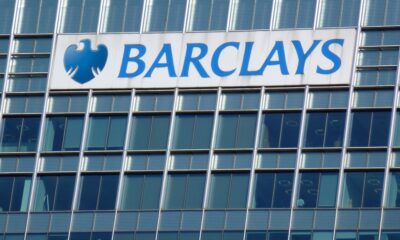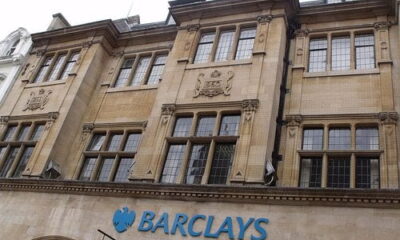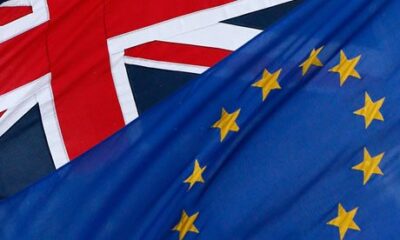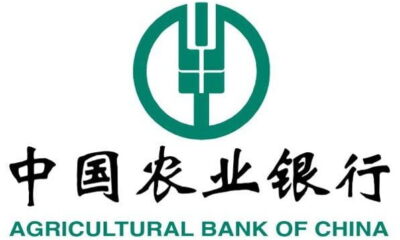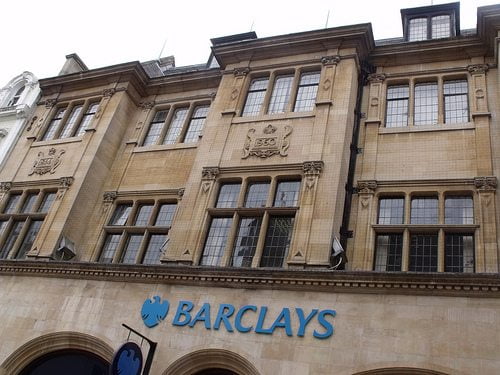

Features
Barclays: from Ethical Banking Superpower to Investment Bank Champion again
After a year to forget in 2012, Barclays then chief executive Antony Jenkins appeared intent on restoring the bank’s founding Quaker principles of honesty, integrity and plain-dealing. At the time we asked ‘will it turn into the world’s first ethical banking superpower?’ Short answer, no.
Betteridge’s law* of headlines is an adage that states: “Any headline that ends in a question mark can be answered by the word no.” True to form we asked the question in the headline and the answer duly came, ‘no’.
Antony Jenkins replaced Bob Diamond in 2012, shortly after the Libor rate-rigging scandal. The decision of Barclays board to fire Jenkins in July this year and replace him with former JP Morgan banker, James ‘Jes’ Stanley (59), suggests the investment bank side of the business has won the strategic direction battle against the retail bank. My Stanley currently works for a hedge fund, and had previously been a finalist for the top role at Barclays losing out to Jenkins in 2012.
Barclays chairman, John McFarlane, who ousted Jenkins, only recently suggested that European investment banks should consider merging: “to create an investment banking champion for Europe.”
Under Diamond, Barclays had gone a long way to becoming an investment banking superpower when it acquired the core business of the now defunct Lehman Brothers. Barclays was subsequently fined $15 million in settlement charges because of alleged internal compliance failures during its acquisition of Lehman Brothers. Barclays Investment Bank (Barclays Capital until 2012) is the 8th largest full-service global investment bank.
All of this indicates any hope of an ethical banking superpower has rapidly receded. Lest we forget, Barclays list of alleged controversies are long and inglorious: involvement with South Africa under apartheid, alleged financial support for the government in Zimbabwe, accusations of money laundering, senior management bonuses, tax avoidance, 2012 tax repayment, conflicts of interest, customer dissatisfaction, rate-fixing scandal, staff diversity, Qatari capital raising regulatory investigations, US electricity market manipulation, gold price manipulation and US lawsuit alleging dark pool fraud.
Barclays is a member of UKSIF (the UK’s industry body for sustainable investment) and its retirement fund is a signatory to the UN-backed Principles of Responsible Investment. Founded in 1690, in 2014 Barclays had revenues of £25.3bn, assets of £1.358 trillion and employed 132,000 people. It is the 11th largest bank in the world.
* Betteridge’s law of headlines is named after Ian Betteridge, a British technology journalist, although the principle is much older. The maxim has been cited as a variant to Murphy’s Law under the title of “Davis’ law” or the “journalistic principle”, and has been referred to in commentary as “an old truism among journalists” in 2007.


 Environment12 months ago
Environment12 months agoAre Polymer Banknotes: an Eco-Friendly Trend or a Groundswell?

 Features11 months ago
Features11 months agoEco-Friendly Cryptocurrencies: Sustainable Investment Choices

 Features12 months ago
Features12 months agoEco-Friendly Crypto Traders Must Find the Right Exchange

 Energy11 months ago
Energy11 months agoThe Growing Role of Solar Panels in Ireland’s Energy Future


